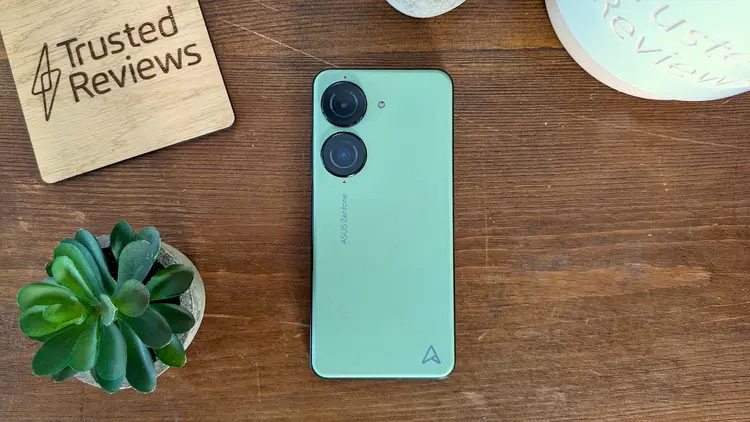The Best Laptops of 2021: Finding the Perfect Balance
With so many options on the market, finding the perfect laptop can feel like a daunting task. But fear not – we’re here to help you narrow down your options and find the laptop that suits your needs best. In this article, we’ll take a look at the best laptops of 2021, covering a range of price points and features to help you make an informed decision.
Key Points:
- Consider your needs and budget
- Determine the ideal size and weight
- Focus on the processor and RAM
- Pay attention to display quality
- Don’t forget about storage
- Consider battery life and connectivity options
Consider your needs and budget
First and foremost, it’s important to think about what you’ll be using your laptop for and how much you’re willing to spend. Are you a student who needs a laptop for taking notes and writing essays? Or are you a graphic designer who requires a powerful machine for running demanding software? Identifying your needs and setting a budget will help you narrow down your options.
Determine the ideal size and weight
The size and weight of a laptop can greatly impact its portability and convenience. If you’ll be carrying your laptop around frequently, you may want to opt for a smaller and lighter model. On the other hand, if you’ll primarily be using your laptop at home or in an office, a larger and heavier laptop may be more suitable. Consider your lifestyle and usage patterns to determine the ideal size and weight for your needs.
Focus on the processor and RAM
The processor and RAM are two of the most important components to consider when choosing a laptop. The processor determines how fast your laptop can perform tasks, while the RAM determines how much data your laptop can process at once. For everyday tasks like web browsing and document editing, a mid-range processor (such as an Intel Core i5) and 8GB of RAM should be sufficient. However, if you’ll be running resource-intensive software or multitasking frequently, you may want to opt for a more powerful processor and more RAM.
Pay attention to display quality
The display quality of a laptop can greatly impact your user experience, particularly if you’ll be using your laptop for tasks that require precise image rendering, such as photo editing or graphic design. Look for a laptop with a high-resolution display and good color accuracy. Additionally, consider whether you prefer a matte or glossy display, as this can affect visibility in different lighting conditions.
Don’t forget about storage
Storage is another important factor to consider when choosing a laptop. Traditional hard drives (HDDs) offer larger storage capacities at a lower price point, but they tend to be slower and more prone to failure. Solid-state drives (SSDs) are faster and more reliable, but they typically offer smaller storage capacities for a higher cost. Consider your storage needs and choose a laptop with a suitable storage solution for your usage patterns.
Consider battery life and connectivity options
If you’ll be using your laptop on the go, battery life becomes a crucial factor to consider. Look for a laptop with a long battery life that can sustain your usage patterns. Additionally, consider the connectivity options that the laptop offers. USB-C ports, HDMI ports, and SD card slots can greatly enhance your laptop’s versatility and compatibility with other devices.
Main takeaway
Choosing the best laptop for your needs doesn’t have to be a daunting task. By considering factors such as your needs and budget, size and weight, processor and RAM, display quality, storage, battery life, and connectivity options, you can narrow down your options and find the perfect balance. Remember to prioritize the features that are most important to you, and don’t be afraid to invest a little more in a high-quality laptop that will serve you well for years to come.













